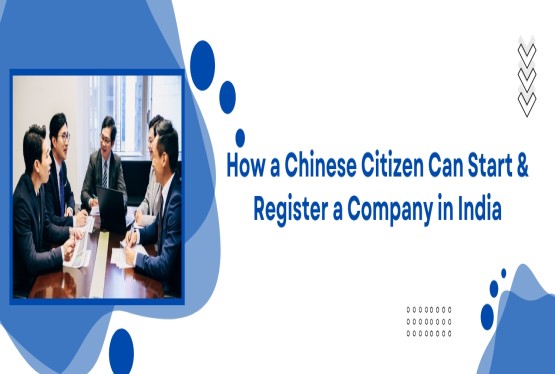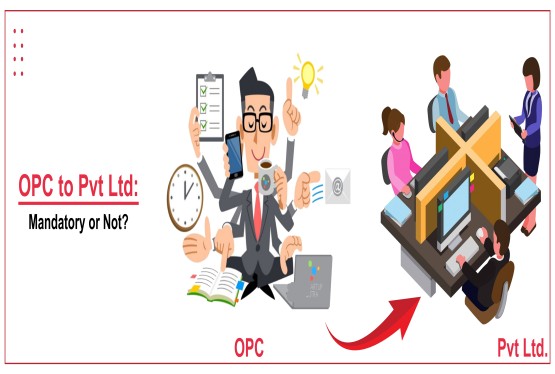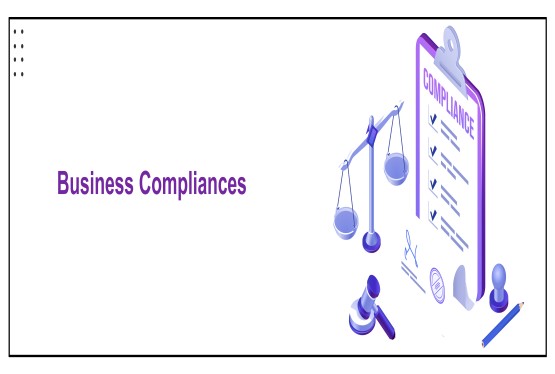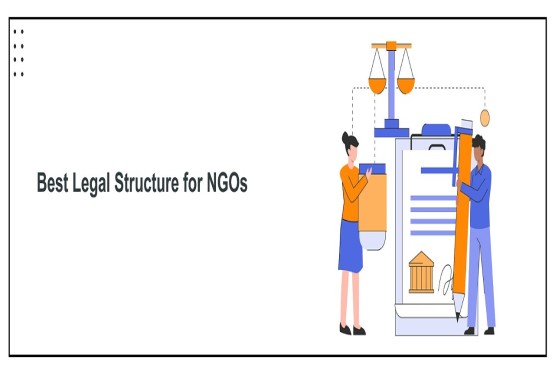According to the Companies Act of 2013, a Section 8 Company is equivalent to a Section 25 company under the previous Companies Act of 1956. The following characteristics describe a Section 8 Company:
-
Aims to promote business, art, science, sports, education, research, welfare, religion, charity, and environmental protection, among other things.
-
Plans to use any earnings, including profits, to further its goals; and
-
It has no plans to provide dividends to its members.
Features of Section 8 Company
The following are the features of Section 8 Company:
-
Charity goals: Section 8 businesses don't want to turn a profit. Their goals are exclusively philanthropic. Science, culture, research, sports, religion, and other causes are among the objectives they seek to further.
-
No minimum share capital: Unlike all other businesses, Section 8 corporations are exempt from the minimum paid-up share capital requirement.
-
Limited liability: Only limited responsibility is permitted for members of these companies. In any event, their liabilities cannot be unrestricted.
-
Government license: These businesses are only able to operate if they possess a license from the Central Government. This license may also be revoked by the government.
-
Privileges: The Companies Act has granted these businesses a number of advantages and exemptions since they have charity goals.
-
Businesses as participants: In addition to people and groups of people, Section 8 permits businesses to join these companies.
Eligibility for Section 8 Company
-
Separate Legal Entity: A Section 8 company is a separate legal entity, distinct from its members.
-
Limited Liability: The liability of members is limited, meaning they are not personally liable for the company’s debts. Liability can be limited by guarantee or by shares.
-
Asset Distribution: Upon winding up, any remaining assets after settling liabilities must be transferred to another Section 8 company with similar objectives, ensuring they continue to serve non-profit purposes.
-
Directors: A minimum of two directors is required, with at least one being an Indian citizen and resident.
-
Shareholders: The company must have at least two shareholders, all of whom must be over 18 years of age. Directors and shareholders can be the same persons.
Benefits of a Section 8 Company
In general, people would rather form Section 8 Companies than traditional NGOs and groups to carry out charity activities. This is due to their limited liability, which prevents the company's debts from being paid with their personal assets. These businesses benefit from the following advantages:
-
Members' liability is restricted.
-
No minimum amount of capital is needed.
-
They are exempt from numerous taxes.
-
High registration fees and stamp charges are not due.
-
They have a distinct legal standing and an eternal existence.
-
Exemptions from a few procedural requirements.
-
Greater credibility because of their Central Government license recognition than NGOs, organizations, and trusts.
Disadvantages of Section 8 Company
These businesses have the following disadvantages in addition to their many positive aspects:
-
No dividends are paid to company members.
-
Benefits and allowances are not given to officers or directors.
-
It can solely utilize the earnings to support philanthropic goals and objectives.
-
The Central Government must approve any changes to the MoA & AoA.
-
The license can be revoked for a number of reasons.
FAQ’s
Q1. What advantages come with becoming a Section 8 company?
Ans. In comparison to other businesses, Section 8 Companies benefit from tax advantages, donor trust, availability of foreign investment under the FCRA, and laxer compliance requirements.
Q2. Could a Section 8 business turn a profit?
Ans. Yes, however the profits cannot be paid out as dividends and must only be utilized to further the goals of the business.
Q3. How much money is needed to launch a Section 8 company?
Ans. A Section 8 Company is not required to have a minimum amount of capital.
Q4. What distinguishes a Section 8 Company from a Trust or an NGO?
Ans. A Section 8 Company is more structured and controlled because it is incorporated under the Companies Act, even though they are all non-profits. Although they are registered under separate acts, trusts and societies are less credible and have less compliance requirements.












_crop10_thumb.jpg)





_crop10_thumb.jpg)




























-Form_crop10_thumb.jpg)

_crop10_thumb.jpg)






















_learn_crop10_thumb.jpeg)
































_crop10_thumb.jpg)

_crop10_thumb.jpg)





















_crop10_thumb.jpg)















_for_Foreign_Directors_learn_crop10_thumb.jpeg)




_Act,_2015_learn_crop10_thumb.jpg)



































_learn_crop10_thumb.jpg)










































